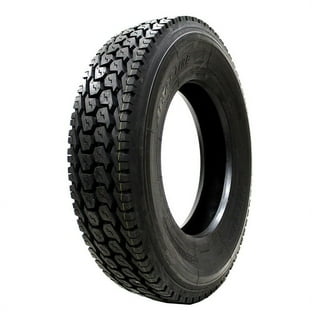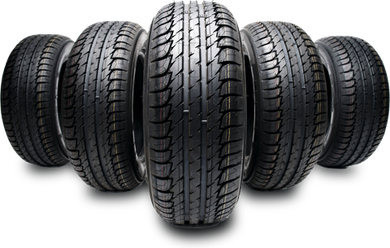Economical Discount Tires Morris IL: Unequalled Rates, High Quality Assured
Economical Discount Tires Morris IL: Unequalled Rates, High Quality Assured
Blog Article
Tire Solution: Recognizing Tire Pressure Monitoring Solutions
Recognizing Tire Pressure Surveillance Equipments (TPMS) is a vital facet of preserving optimum vehicle efficiency and safety and security on the road. With innovations in automobile modern technology, TPMS has actually become a typical function in contemporary automobiles, supplying real-time info on tire stress degrees.

Importance of TPMS
The importance of Tire Stress Tracking Equipments (TPMS) depends on their capacity to boost lorry safety and security and efficiency through real-time monitoring of tire pressure degrees. Maintaining the appropriate tire pressure is vital for guaranteeing ideal handling, stopping, and general security of an automobile. TPMS provides drivers with immediate feedback on any underinflated or overinflated tires, permitting prompt changes to be made.
Parts of TPMS
Sensing units are commonly situated in the tire shutoff stem or attached to the wheel setting up, where they gauge tire pressure and send information to the control component. Some advanced TPMS versions likewise display the real tire pressure readings for each tire, providing vehicle drivers with real-time details to guarantee optimum tire efficiency and safety and security. By monitoring tire stress continuously, TPMS aids prevent mishaps, lowers tire wear, and boosts gas performance, making it a vital element for automobile safety and performance. mopar tire service specials.
Sorts Of TPMS

On the various other hand, indirect TPMS counts on the car's wheel speed sensors to keep an eye on tire stress. This system identifies underinflation by contrasting the rotational speeds of the wheels. Indirect TPMS is much less costly than straight TPMS, as it makes use of existing sensing units within the automobile.
While straight TPMS supplies more accurate readings, indirect TPMS is less complex in style and generally needs much less maintenance. Both systems have their constraints and benefits, and the option in between them usually depends on variables such as cost, car make, and individual preference. Comprehending the differences between these 2 types of TPMS can assist lorry proprietors make educated decisions regarding tire upkeep and safety.
TPMS Maintenance Tips
Efficient upkeep of TPMS is vital for guaranteeing ideal efficiency and safety of your car. Frequently evaluating the TPMS sensors for any kind of damage or corrosion is vital. Ensure that the sensing units are tidy and free from particles that can hinder their functioning. Furthermore, it is a good idea to examine the sensor batteries regularly and replace them as required to guarantee precise readings. Conduct routine examine the tire stress levels and contrast them with the TPMS analyses to ensure they correspond. If there are any kind of inconsistencies, recalibrate the system following the producer's guidelines. During tire turning or substitute, make certain that the TPMS parts are managed meticulously to avoid any kind of potential damage. If the TPMS advising light illuminates on the control panel, deal with the concern quickly by checking the tire pressures and the total system for any faults. By you could try this out adhering to these maintenance pointers, you can extend the life-span of your TPMS and improve the security of your driving experience.
Benefits of Appropriate Tire Pressure
Preserving correct tire pressure, as stressed in TPMS Upkeep Tips, is crucial for reaping the various advantages connected with ideal tire stress levels. Among the key benefits of keeping the right tire pressure is improved gas efficiency. When tires are properly inflated, there is much less rolling resistance, leading to better fuel economic climate. In addition, proper tire pressure ensures also tire wear, extending the life expectancy of the tires and promoting much safer driving problems. With the ideal tire stress, lorries additionally have much better handling and grip, especially in adverse climate condition. discover here This can boost total driving performance and security for the chauffeur and guests. Additionally, keeping ideal tire stress can add to a smoother and a lot more comfortable trip by lowering vibrations and noise brought on by underinflated tires. Finally, the benefits of correct tire stress surpass simply tire durability; they encompass boosted gas effectiveness, improved safety and security, far better automobile efficiency, and total driving convenience.
Final Thought
To conclude, recognizing tire stress tracking systems (TPMS) is critical for maintaining optimum tire stress and making certain car security. By identifying the importance of TPMS, being acquainted with its elements, knowing the different kinds available, sticking to correct maintenance pointers, and understanding the advantages of maintaining correct tire pressure, drivers can improve their driving experience and lengthen the life expectancy of their tires. Proper tire stress is key to efficient and safe vehicle operation.

Report this page